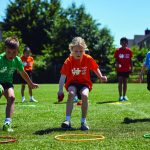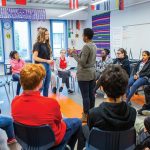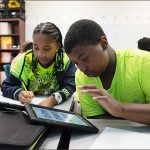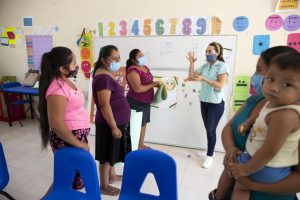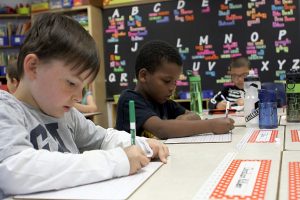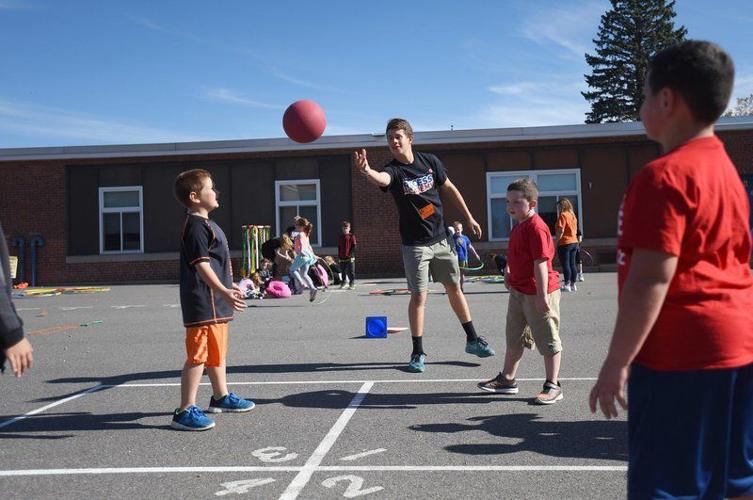
Introduction: Navigating the Recess Controversy
The schoolyard has long been a battleground where children’s laughter and the pursuit of knowledge intersect. The debate over the role of recess in elementary schools continues to spark discussions among educators, parents, and policymakers. On one hand, recess is cherished as a vital time for play and social development, while on the other, concerns arise about potential disruptions to academic progress. This article dives into the multifaceted debate over recess, exploring the benefits, challenges, and potential compromises surrounding this essential break in the school day.
The Value of Recess: A Holistic Approach to Education
The great philosopher Aristotle famously said, “Man is by nature a social animal.” Recess provides a valuable opportunity for young learners to engage in unstructured play, fostering social skills, creativity, and physical health. It serves as a respite from structured lessons, allowing children to recharge and return to the classroom with renewed focus. Recess also aligns with the notion of holistic education, recognizing that a well-rounded learning experience extends beyond textbooks and assessments.
The Benefits of Play: Nurturing Social Skills and Creativity
Building Social Bonds
Recess is a prime time for students to develop and strengthen social bonds. It is during this unstructured play that children learn to negotiate, cooperate, and communicate effectively with their peers. They navigate conflicts, share ideas, and collaborate on imaginative games. As psychologist Lev Vygotsky observed, “In play, a child is always above his average age, above his daily behavior; in play, it is as though he were a head taller than himself.”
Unleashing Creativity
Play is often referred to as the work of childhood. Recess offers children the freedom to unleash their creativity, whether through imaginary worlds, artistic expression, or inventive games. Play is a powerful tool for developing problem-solving skills and encouraging out-of-the-box thinking. As artist Pablo Picasso famously said, “Every child is an artist. The problem is how to remain an artist once we grow up.”
The Academic Concern: Time for Learning vs. Time for Play
Balancing Academic Demands
In an era of rigorous academic standards, the pressure to maximize instructional time is undeniable. Some argue that extended recess periods can potentially cut into valuable classroom instruction. Educators strive to strike a balance between allowing children to play and ensuring they receive the necessary academic content. As educational theorist E.D. Hirsch Jr. posits, “The notion that knowing must precede understanding is quite new. It is a product of the phonics revolution.”
Impact on Classroom Management
Critics of lengthy recess periods voice concerns about disruptions to classroom management caused by excited and energized children returning from recess. They argue that regaining students’ focus and settling them into a learning mindset after playtime can be challenging. This raises questions about the optimal duration of recess and its impact on the overall flow of the school day.
Potential Compromises: Merging Play and Learning
Incorporating Play into Learning
An emerging approach seeks to blend play and learning seamlessly. Educators are exploring ways to integrate movement and play-based activities within academic lessons. This concept aligns with renowned educator Maria Montessori’s philosophy: “Play is the work of the child. It’s very serious stuff. And if it’s properly cultivated and guided, children thrive on it.”
Structured Play and Educational Games
Structured play, such as organized games and physical activities, can provide a compromise between unstructured recess and instructional time. Integrating educational games that enhance cognitive skills, problem-solving, and teamwork can align with both academic goals and the developmental benefits of play.
Conclusion: The Equilibrium Between Play and Learning
The debate over recess underscores the complex interplay between academic demands and the holistic development of young minds. As the renowned educator John Dewey remarked, “Education is not preparation for life; education is life itself.” The quest for equilibrium continues, as educators and stakeholders strive to create a balanced educational environment that honors both the joy of play and the pursuit of knowledge. In the end, fostering an appreciation for the value of recess in elementary schools ensures that students not only grow academically but also thrive as well-rounded individuals, ready to face the challenges and opportunities that lie ahead.



